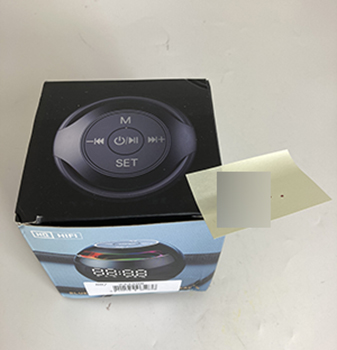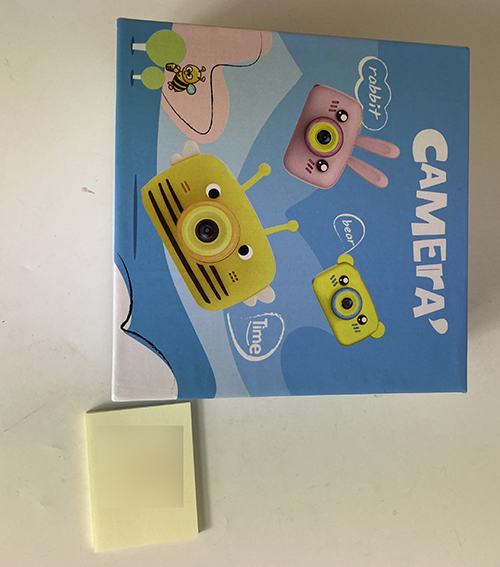short-chain chlorinated paraffins (SCCP)
Chlorinated paraffins (CPs) are complex mixtures of polychlorinated n-alkanes (paraffin wax).
Short-chain CPs are classified as persistent and their physical properties (octanol-water partition coefficient (logKOW) 4.4–8, depending on the chlorination degree) imply a high potential for bioaccumulation. SCCPs are classified as toxic to aquatic organisms, and carcinogenic to rats and mice. Therefore, it was concluded that SCCPs have PBT and vPvB properties and they were added to the Candidate List of substances of very high concern for Authorisation under REACH Regulation. SCCPs (average chain length of C12, chlorination degree 60 wt%) were categorised in group 2B as possibly carcinogenic to humans from the International Agency for Research on Cancer (IARC). In 2017, it was agreed to globally ban SCCPs under the Stockholm Convention on Persistent Organic Pollutants, effective December 2018. However, also MCCPs are toxic to the aquatic environment and persistent; MCCPs in soil, biota, and most of the sediment cores show increasing time trends over the last years to decades; MCCP concentrations in sediment close to local sources exceed toxicity thresholds such as the PNEC. In July 2021 also MCCPs were added to the Candidate List of Substances of Very High Concern (SVHC) under the REACH Regulation.
Chlorinated paraffins have been detected in marine life such as cetaceans (whales) and bivalves (molluscs). Of particular concern is fetal accumulation in whales, with the chemicals beginning to build-up in the offspring before they are even born.
Source and more information: https://en.wikipedia.org/wiki/Chlorinated_paraffins







